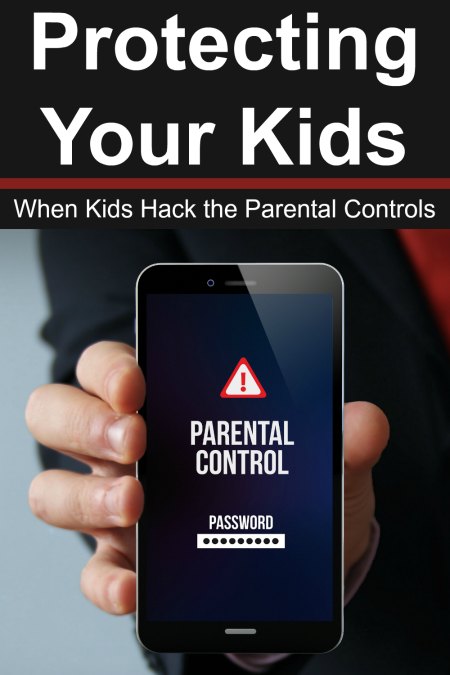Smartphones. We love them, but hate that our kids are on them. As safe as we try to make them, and how hard we try to make them, your child will find a way to hack around your parental guidance. Parents face many challenges in this day and age to keep their kids safe in online environments and the secret is to stay one step ahead.
Staying on top of your kids’ cell phone apps is easier said than done. But doing so can help protect then from unwanted hacking and tracking.
What You Can Do
One website, called Learning Lift Off, lists some great tips:
Consider Your Child’s Age and Maturity Level – If they are spending a lot of their time online, they are probably communicating with other kids around their age who are just as likely to make potentially bad choices. Before even allowing your child access to a device where they can access social media, consider their age and maturity level. Obviously, a ten-year-old will have less of a chance of understanding the ramifications of decisions than a 14-year-old.
Know What Apps Your Child Is Using – Many kids are straying away from traditional text messaging because they don’t want their text history to be visible. Instead, they may opt to use a platform with disappearing messages and pictures that can keep parents from seeing what they are up to online. Apps like Snapchat and Instagram use this disappearing messaging strategy.
Using a parental monitoring app can help. You can also download and use the apps your child is using. Adding them as a friend allows you to keep an eye on their profile, posts, and comments, but it’s best to avoid friending any of their friends.
Signs Something is Wrong – Talk to your teen about the symptoms of depression and the warning signs of suicide, for their own sake and for the sake of their friends. Pay attention to changes in sleep patterns, moods, behaviors, and friendships. These are good indicators something might be going on in their life that you are unaware of. Don’t assume that nothing is wrong just because your teen hasn’t said anything. Kids’ moods and emotions change all the time, and they can be greatly influenced by how their friends interact with them.
Don’t assume that your teen doesn’t want your attention just because they don’t talk much. Teens need to feel a sense of belonging, even while they are establishing their sense of independence.
Additional Reading:
10 Tips To Teach Kids About Internet Safety
How To Protect Yourself From Microphone And Camera Hacking
This Simple Tip Can Make Your Online Passwords Nearly Impossible To Hack

